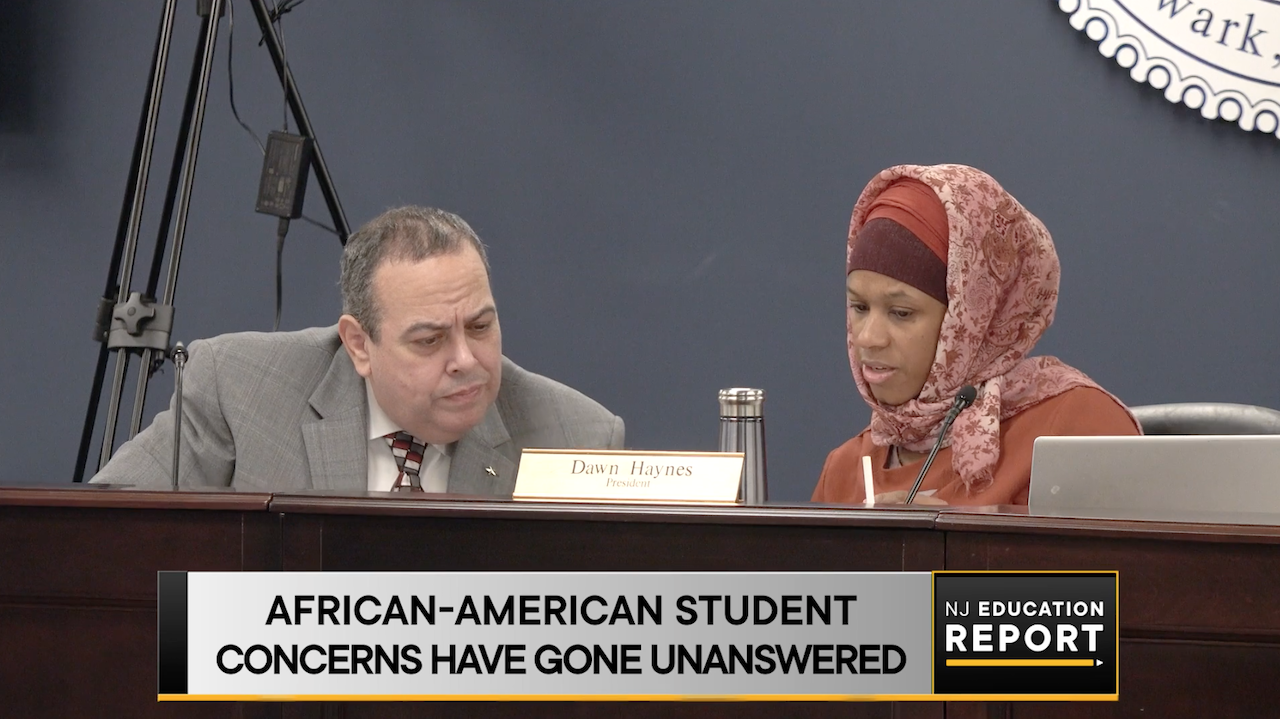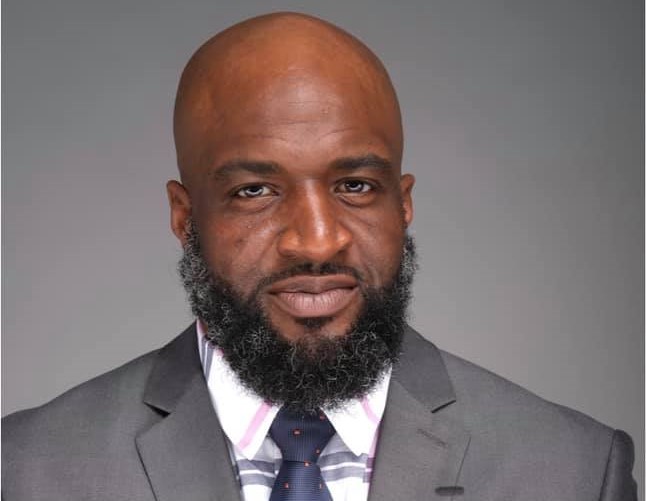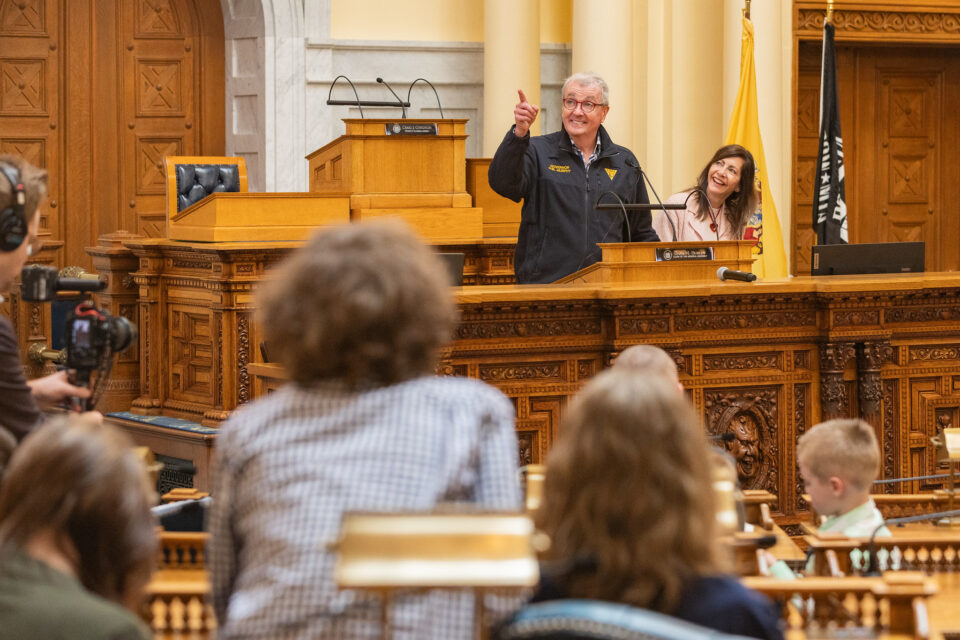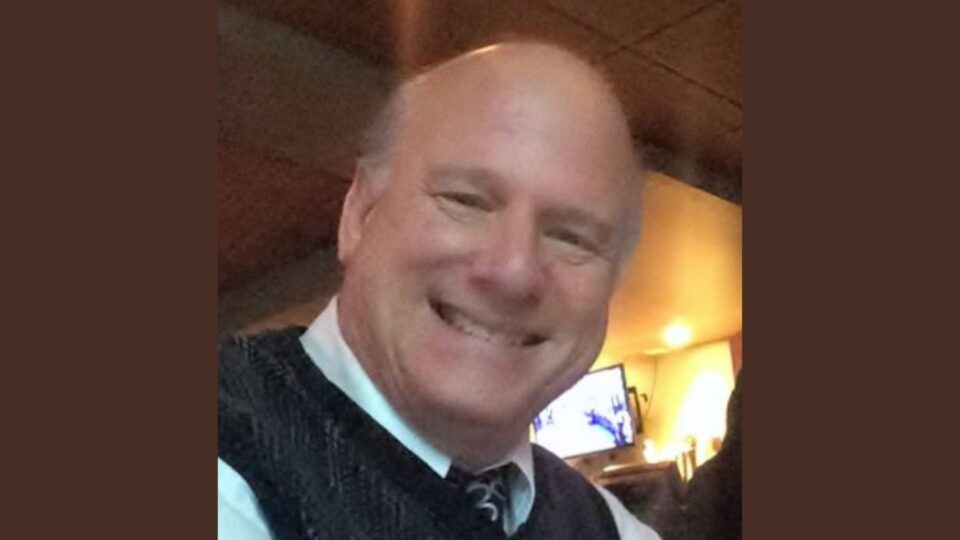
VIDEO: Newark Community Assails Superintendent and School Board For Failing to Address Racism
February 13, 2023
Great Oaks Legacy Charter School Appoints Nichelle Howe as Chief People & Equity Officer
February 14, 2023WORRELL: Beware of Those Who Want to Censor History in the Debate Over Black History
Art Worrell is the director of history instruction at Uncommon Schools, a high-performing charter school network serving over 19,000 students in New Jersey, New York and Massachusetts.
For students from different backgrounds, having a chance to deeply dive into an understanding of Black America will enhance their education and their growth. Many liberal-leaning families in New Jersey say they want that. They know it is essential to a more just society.
The newly unveiled AP African American Studies curriculum has sparked a firestorm over what kids should and shouldn’t see and hear in school.
The curriculum, which has detractors on both sides of the aisle, attempts to provide a deep accounting of the lived experience of millions of Black Americans. With this course, a host of new authors and ideas will be rolled out in schools across the nation — schools that educate children from a wide range of racial and socio-economic backgrounds.
Not everyone is happy about this. For many, just having conversations about uncomfortable topics feels like a threat. And we are seeing evidence of politicians attempting to curtail young people’s access to the truth.
They are trying to employ a playbook from long ago. In 1836, Congress agreed to table all action on petitions related to slavery. What came to be known as the “gag rule” was instituted as a way to avoid conflict over, and therefore action to limit or end slavery.
This is why the College Board’s unveiling of the AP African American Studies coursework is so important.
History is messy. It is complicated and full of people and societies capable of outstanding achievements and brutal atrocities. By embracing that messiness and helping our students embrace it, we come to understand our world and what it means to be human.
For the 53 schools at Uncommon where I lead history curriculum and instruction, authors that some find threatening actually represent freedom to our predominantly Black and Latinx students and a new way to look at themselves and their current lived experience.
It wasn’t until high school history when I read James Baldwin on my own that I started to unravel the mystery of my father, a man of few words with a tough exterior: a larger-than-life, muscle-bound cop that literally struck fear into my heart.
Baldwin reframes and retells the history of this country not from the perspective of the powerful, of the white oligarchy, but from the bottom up — the oppressed, disenfranchised and often silenced.
Through reading Baldwin I started exploring history in a new way, and it set me on a path to explore and learn for the first time about the harsh realities of life in the Jim Crow South. The same Jim Crow South that my father was born into in Como, North Carolina in 1946. Learning about this history helped me see my father, and my past, with new eyes.
This is the type of history instruction that can change lives.
And while the College Board’s new curriculum on African American studies is a good first start, history teachers across the nation are boldly going further than what the board’s framework supplies.




